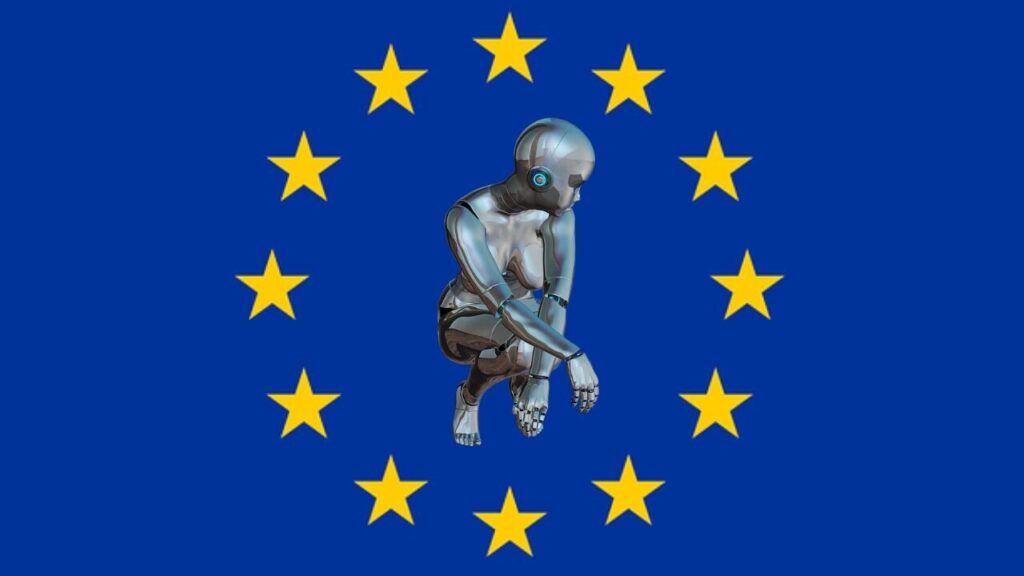The rapid development of artificial intelligence continues to unsettle politicians. Recently, European Union countries came together and made a crucial decision to establish a legal framework for artificial intelligence. After intense discussions lasting three days, a regulation was signed covering all possible risks that artificial intelligence technologies could bring.
There are many critical points
Key points of the law include that artificial intelligence systems should not have the right to intervene in individuals’ lives on behalf of governments. Such intervention was deemed contrary to fundamental human rights. Another noteworthy point is the requirement for chatbots powered by artificial intelligence to operate in a more transparent manner. This means that the operating principles of many chatbots like ChatGPT could change.

While the joint decision of 27 countries after months of meetings may have relieved many European Union countries, some countries like France, which opposed certain provisions of the regulation, were uncomfortable with the situation. Additionally, there are those who believe that the legal regulation will negatively impact various companies, large and small, involved in artificial intelligence technologies, thereby hindering the economy.
After being approved by the European Parliament, the accepted regulatory legislation will come into force within 20 days according to EU laws. However, artificial intelligence companies will be given an additional 6-month period to comply with the new regulations.
What do you think about this issue? What are your thoughts on the European Union’s regulations on artificial intelligence? You can share your answers with us in the comments section below. Your opinions are valuable to us.




 Shiftdelete.net
Shiftdelete.net









